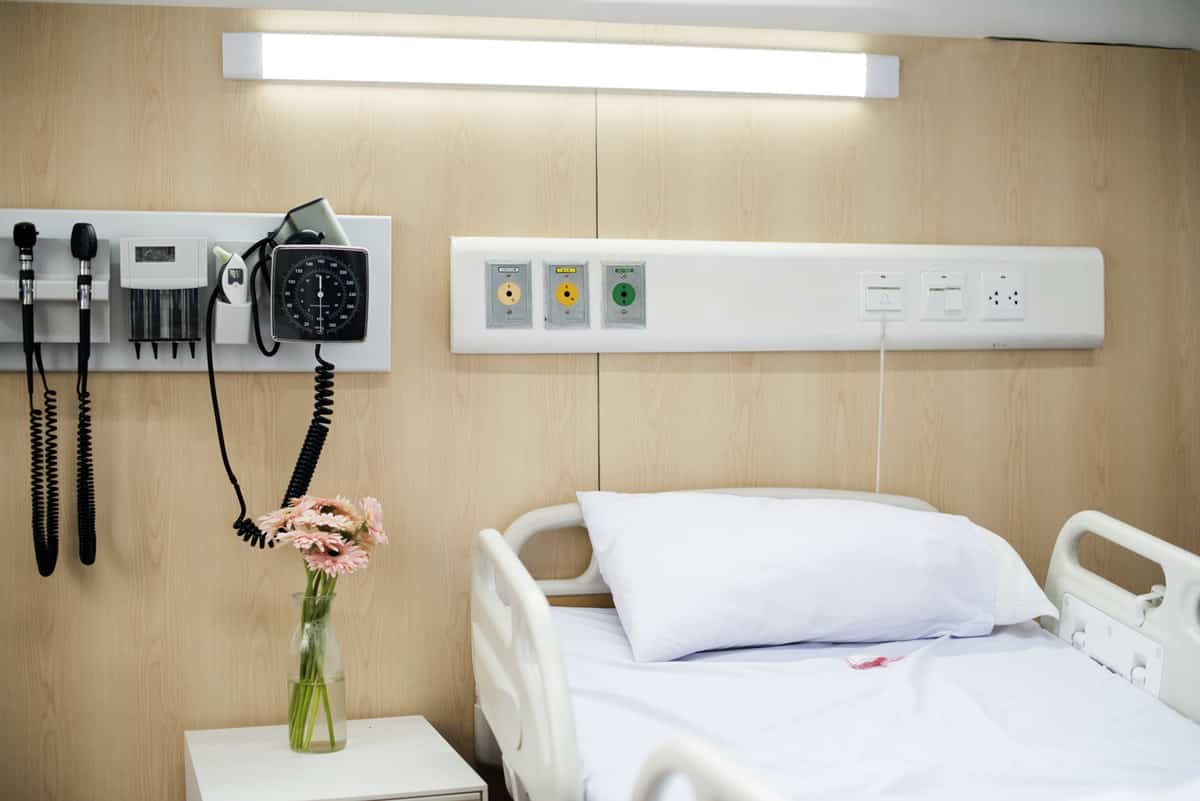As COVID-19 continues to sweep across the nation, much has been made recently about the social and economic concerns surrounding the virus. Now that its spread has reached pandemic proportions, however, it is more important than ever to focus on the virus’ effect on healthcare organizations. While most people recognize that hospitals will need to take on the burden of Coronavirus cases in addition to their everyday caseload, many aren’t as aware of the preparation and responses that actually occur.
RELATED ARTICLE: COVID-19: Message from Arista Home Care Solutions
In order to prepare for – and eventually react to – the spread of Coronavirus, hospitals are taking a number of important steps:
- Establishing local and regional communication. First, hospitals must be able to track the progress of the virus even before a large patient load arrives at its doorstep. To do this, hospitals utilize their relationships with public health, private clinics, and other healthcare providers. Then, together, these providers can formulate a plan to deal with patient management, transfers, supplies, transport and more.
- Communicating with foreign hospitals. Many regional hospitals have been in communication with Chinese and European hospitals that already have a large presence of the virus. Hospitals can utilize strategies that worked, avoid actions that worsened the spread, and begin an action plan.
- Formulating a preparedness plan. Within the hospital itself, administrators and employees work together to determine ways to keep patients, visitors, and employees safe. Plans may include actions like limiting or excluding visitation and postponing elective procedures. In addition, hospitals must screen current and new patients, visitors, and employees. Many hospitals are re-purposing additional departments or wards in order to allow for separation of individuals based on positive or negative Covid testing, as well as other conditions.
- Addressing supply issues. Before and during the pandemic, hospitals must ensure their stocks of essential items are sufficient to handle both the current and the new, pandemic-related caseloads. Currently, personal protective items like N95 face masks, ventilators, and even beds are in short supply.
- Scaling back current patient loads. Unfortunately, since COVID-19 is contagious, hospitals must take steps to protect current patients from the illness and open up beds for new cases. As a result, as the pandemic progresses, many hospitals will likely need to discharge existing patients to keep them safe from the virus. While some patients may be able to access tele-healthcare after being discharged from the hospital, many others will require in home nursing and personal care until the threat passes.
As hospitals in the area continue to prepare for and respond to the Coronavirus pandemic, more and more families are finding themselves without institutionalized health care for their loved ones. While this situation is unfortunate, it is an essential step towards keeping some of our most vulnerable populations COVID-free. The Ohio Department of Health is a great source of information.
During these uncertain times, Arista Home Care Solutions is here to help. If you need to arrange in-home healthcare or personal care for yourself or a family member affected by an unexpected hospital discharge please reach out to us by phone at (419) 754-1897 or by utilizing our contact form.
Your Home. Your Way.

 Arista Wins Top Workplaces Award
Arista Wins Top Workplaces Award


